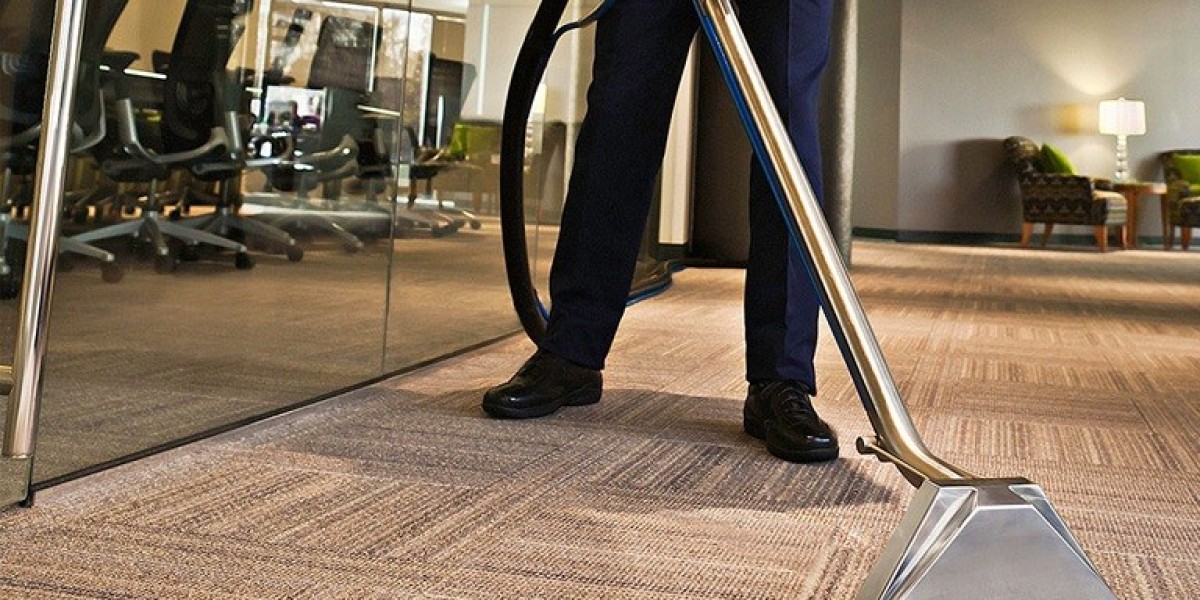In today’s modern workspace, the use of office glass partitions has become increasingly popular. These contemporary solutions not only enhance the aesthetics of an office but also offer numerous practical benefits. In this article, we will explore the various advantages of using glass partitions in office environments, including improved collaboration, increased natural light, and enhanced privacy.
A key advantage of glass partitions is their ability to foster collaboration among employees. In an open office layout, traditional cubicles can create barriers that hinder communication and teamwork. However, with glass partitions, staff can see and interact with each other more easily, Clean-Pro encouraging a culture of collaboration. Additionally, glass partitions can be designed to create flexible workspaces that can be reconfigured as needed, allowing teams to adapt to changing project requirements.
Another key benefit of office glass partitions is the enhancement of natural light in the workspace. Natural light has been shown to enhance employee productivity, reduce fatigue, and foster overall well-being. With glass partitions, offices can maximize the amount of natural light that enters the space, creating a brighter and more inviting environment. This not only makes the office more pleasant but also contributes to a healthier work atmosphere.
Privacy is an essential factor when designing office spaces. While glass partitions allow for transparency and openness, they can also be designed to maintain a level of privacy. Etched glass options can be used in areas where confidentiality is important, such as conference rooms. Striking a balance between openness and privacy is vital for creating a functional workspace that meets the needs of all employees.
Aside from their practical benefits, glass partitions also add a modern aesthetic to office spaces. Their sleek look of glass can elevate the overall design of an office, making it feel more professional and sophisticated. This is especially relevant for companies that aim to impress clients and visitors. Incorporating glass partitions can help convey a sense of innovation and forward-thinking, which can be an attractive quality for potential clients and employees alike.
Furthermore, glass partitions are often more environmentally friendly than traditional wall materials. They’re often installed without the need for significant construction, reducing waste and disruption to the office environment. Furthermore, glass is a recyclable material, which means that when the partitions are no longer needed, they can be repurposed or recycled, contributing to a more sustainable office.
Another advantage of glass partitions is their versatility. They can be customized to fit any office layout or design preference. Whether it’s full-height glass walls to partial dividers, the customization possibilities are endless. This adaptability enables companies to design a workspace that reflects their brand and culture.
Moreover, glass partitions can be equipped with various features to enhance functionality. As an example, some glass partitions can be fitted with integrated technology, such as smart glass that can switch from clear to frosted at the touch of a button. This feature not only improves confidentiality but also adds a futuristic touch to the office environment. Other options might include soundproofing materials, sliding doors, or built-in shelving, making glass partitions a highly functional choice.
In conclusion, the benefits of office glass partitions are numerous and varied. They encourage collaboration, increase natural light, provide privacy options, and enhance the overall aesthetic of the workplace. Additionally, their versatility and eco-friendliness make them an attractive option for modern businesses. As companies continue to evolve and adapt to new working styles, glass partitions will undoubtedly play a significant role in shaping the future of office design. Investing in office glass partitions can lead to a more productive, enjoyable, and visually appealing workspace that benefits both employees and employers alike.








